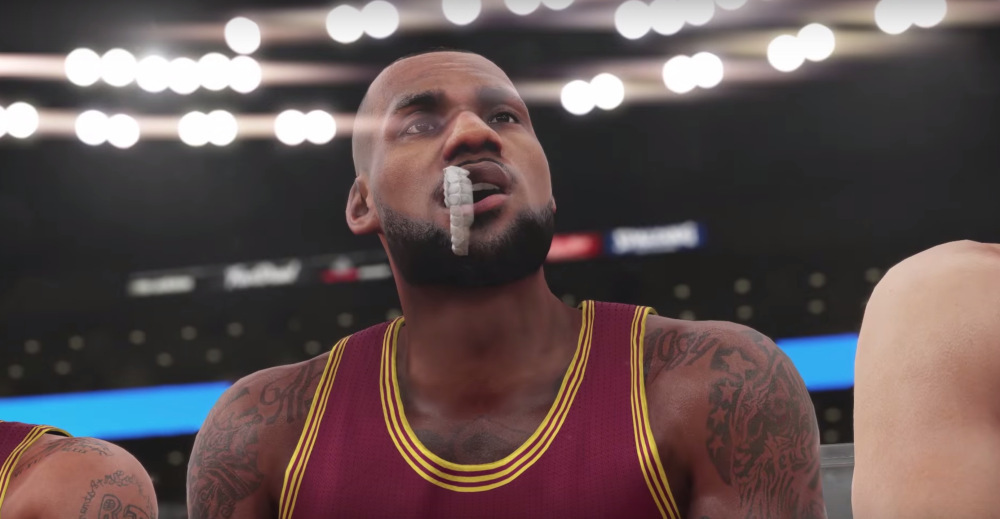Lawsuit Claims NBA 2K16 Violates Copyright For LeBron, Kobe Tattoos
 When you put a real, living human being’s likeness in a video game, you need their permission. But do you need an okay from that person’s tattoo artist — or a company that claims to have purchased the copyright for that design — to digitally recreate their body art?
When you put a real, living human being’s likeness in a video game, you need their permission. But do you need an okay from that person’s tattoo artist — or a company that claims to have purchased the copyright for that design — to digitally recreate their body art?
A company called Solid Oak Sketches, which paid several tattoo artists for the authority to license their designs, is suing [PDF] the makers of the NBA 2K16 video game in federal court, alleging that the use of these tattoo designs — featured on players like LeBron James, Kobe Bryant, Kenyon Martin, and others — without Solid Oak’s permission is a violation of copyright.
(NOTE: Neither the NBA nor any of the players mentioned in this story are parties to this lawsuit.)
Whether or not tattoos are protected by copyright has yet to be concretely established by legislation, regulation, or litigation. There have been some high-profile lawsuits — most notably Whitmill v. Warner Bros, in which the artist who created Mike Tyson’s face tattoo sued when the design was replicated without permission in The Hangover 2. However, that case and others have been settled out of court, meaning no legal precedent has been established.
In 2012, tattoo artist Christopher Escobedo sued video game company THQ, alleging that it violated his copyright by reproducing, without authorization, his tattoo design on in-game likenesses of MMA fighter Carlos Condit. But because THQ had recently gone bankrupt, a bankruptcy court limited his possible award to $22,500. He appealed and, like the Hangover case, it was ultimately settled out of court.
In the NBA 2K16 complaint, filed yesterday in a New York federal court, Solid Oak noted that the judge in that Whitmill case has publicly stated that “Of course tattoos can be copyrighted.”
In fact, the U.S. Copyright Office granted registrations to the designs in the lawsuit in the summer of 2015. On July 8, a lawyer representing the artists — the same lawyer who had sued over the Mike Tyson tattoo — contacted Take Two Interactive, the publisher and distributor of NBA 2K16, to broach the idea of a settlement “to resolve this matter quietly and amicably.”
On July 28, the lawyer then suggested a settlement of around $1.9 million, including more than $800,000 to close the books on the alleged copyright violations and $1.1 million for a license to continue using the designs in the game.
No deal was reached, the game was released in Sept. 2015, and the lawyer involved in these efforts to reach a settlement is not involved in the present lawsuit.
Want more consumer news? Visit our parent organization, Consumer Reports, for the latest on scams, recalls, and other consumer issues.

